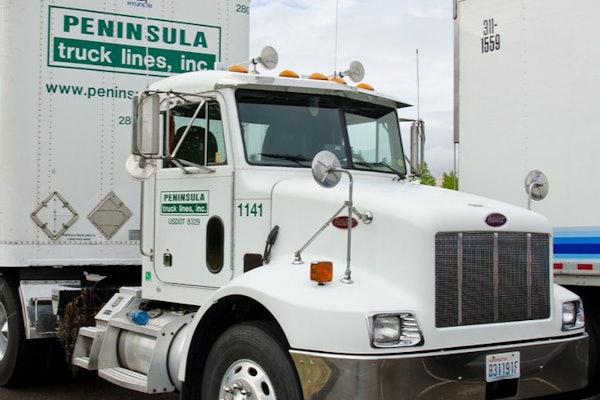Edouard Michelin died May 26. Just two weeks before this year’s Challenge Bibendum, the Michelin Group CEO was killed in a tragic boating accident, leaving behind a wife and six children.
A cruel blow to his family, company and many friends, yes. But it in no way diminishes the importance of his vision of sustainable world mobility – a fact not lost on his successor, Michel Rollier, who dedicated this year’s event to him, and confirmed that the Michelin Group would remain dedicated to his vision and the Challenge.
Challenge Bibendum has been held almost every year since 1998. It’s an international event, created to provide an energy and emissions dialogue, and a showcase/competition for advanced-technology vehicles that conserve traditional fuels, or run on alternate fuels or power sources, and produce low emissions.
Awards are given as a means to compare current performance standards to those afforded by a variety of new technologies. The goal, says Rollier, is to “support the emergence of programs and policies most likely to address sustainable mobility issues, such as energy efficiency, road safety and the protection of our living and natural environments.”
That’s important, I think, since even though modern vehicles are more fuel efficient and lower emitting than ever, the world’s traffic is increasing, and we continue to burn increasing amounts of fossil fuel and emit higher volumes of toxins. And it’s sobering to think we’re nowhere near slowing our speed down that path – let alone reversing the trend.
This year’s Challenge, held in Paris, involved some 2,500 participants and 100 manufacturers from Europe, Asia and North America. In addition to displays and technical sessions, there were more than 100 vehicles powered by gasoline, ethanol, clean diesel, hybrid powertrains, natural and LP gas, electricity, hydrogen, fuel cells and solar cells. Competing vehicles were scored on fuel efficiency, range, emissions, acceleration, braking, handling, noise and safety.
It was an educational and absorbing event, but there was one fly in the foie gras: Although Renault Trucks, a relative of Volvo and Mack, did bring an electric, medium-duty unit that – predictably – took honors in emissions categories, trucks were barely represented. Even more unfortunate, except for the odd SUV or two, no North American trucks were present.
So here’s my challenge to our truck manufacturers: Aren’t you proud of your technologies and prototypes? Don’t you want to show the world what they can do? If you’re excited about your part in a future of sustainable mobility, you will.








